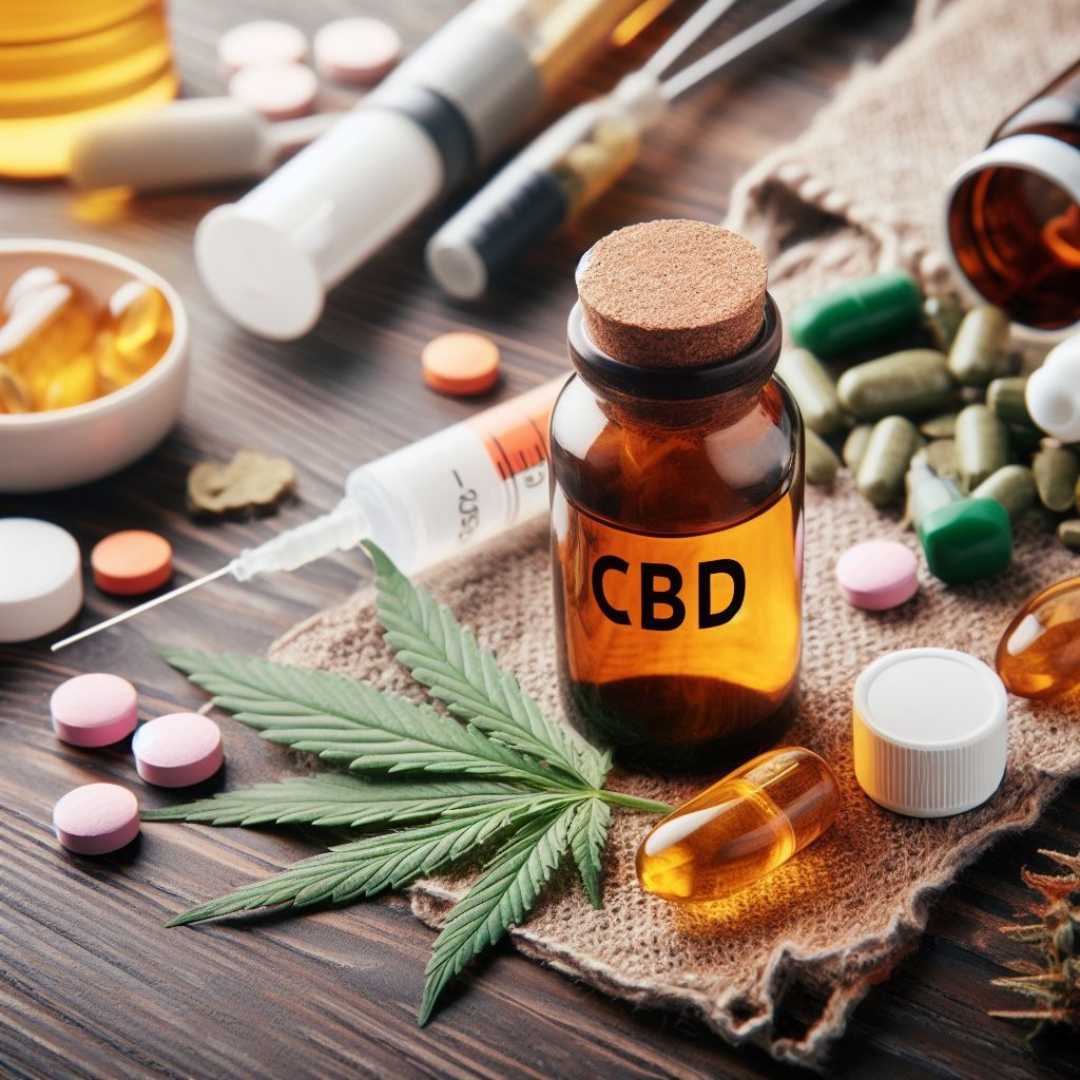The Food Standards Agency (FSA) has issued precautionary advice due to concerns about potential long-term health issues, particularly related to the liver.

UK food regulators have revised their recommended safe daily dose of cannabidiol (CBD), a cannabis extract commonly found in various High Street products, including snacks and beverages.
The Food Standards Agency (FSA) has issued this precautionary advice due to concerns about potential long-term health issues, particularly related to the liver.
According to the FSA, adults are now advised to limit their CBD intake to no more than 10 milligrams per day. This marks a significant reduction from the previous recommended safe daily dose of 70 milligrams, which was set in 2020.
The FSA also cautions that some products available in stores and online may contain more than 10 milligrams of CBD per serving. For reference, this is roughly equivalent to four to five drops of 5% CBD oil.
Professor Robin May, Chief Scientific Advisor at the FSA, highlighted, “The more CBD, a cannabis extract you consume over your lifetime, the more likely you are to develop long-term adverse effects, like liver damage or thyroid issues. The level of risk is related to how much you take, in the same way it is with some other potentially harmful products such as alcoholic drinks.”
Two independent committees reviewed the scientific evidence, including data submitted by manufacturers of CBD products. The FSA, which has been overseeing the CBD market since 2019, states that there appears to be no immediate safety risk associated with consuming more than 10 milligrams of CBD daily. However, sustained consumption above this level could pose health risks.
Derived from cannabis but lacking psychoactive properties, CBD is available in some pharmacies and health-food stores as a supplement. It is used to alleviate conditions such as pain and insomnia.
CBD products are marketed in various forms, including oils, drops, tinctures, sprays, gel capsules, sweets, confectionery, bread, beverages, and more. However, certain groups of individuals, such as children, pregnant women, and those taking other medications, are advised against using CBD.
The Association for the Cannabinoid Industry has expressed its intention to scrutinize the evidence behind the FSA’s recommendations. A spokesperson emphasized, “We highlight to consumers that this guidance demonstrates the FSA still considers CBD, a cannabis extract to be safe and their advice relates to lifetime consumption of daily high doses of CBD.”
It’s important to note that this recommendation is advisory, meaning regulators are not mandating the removal of any products from shelves. Food Standards Scotland has also issued similar advice.
Emily Miles, CEO of the FSA, stated, “We understand that this change to our advice will have implications for products currently on the market that contain more than 10mg of CBD per serving. We will be working closely with industry to minimise the risk, to ensure consumers are not exposed to potentially harmful levels of CBD.”
The FSA maintains a list of CBD food products currently under review. These products have not yet been fully assessed for safety but are associated with applications progressing through the novel foods process. Inclusion on this list does not guarantee authorization for sale. Unlisted products should not be sold in England and Wales.
Andrea Martinez-Inchausti, Assistant Director of Food at the British Retail Consortium, assured, “Retailers will follow any and all FSA advice on the sale of products containing CBD, and take their obligations around these products very seriously.”